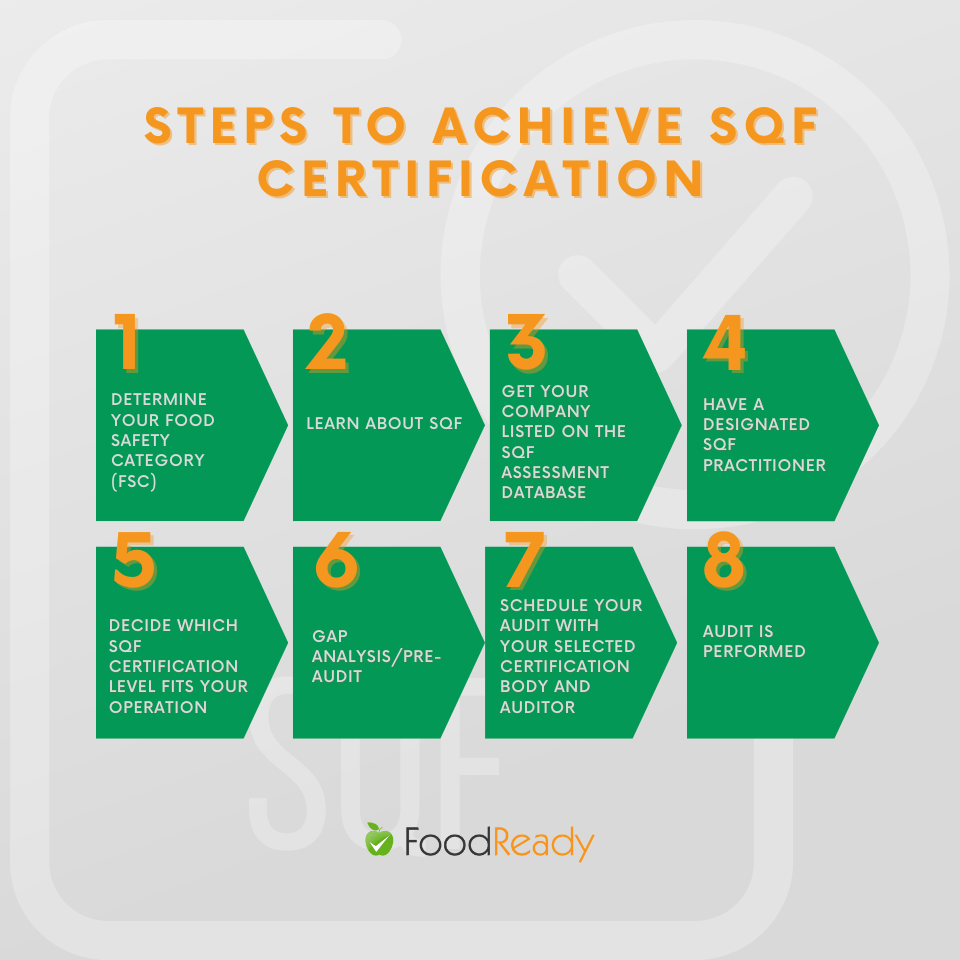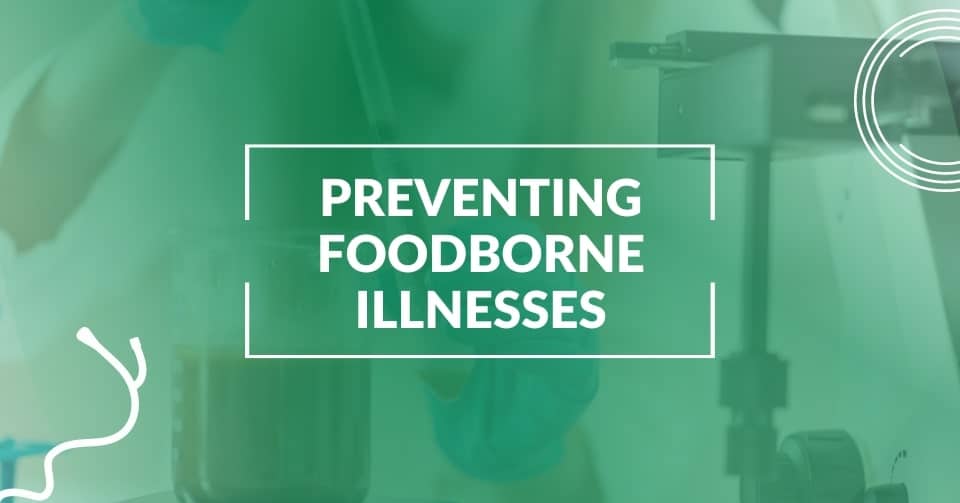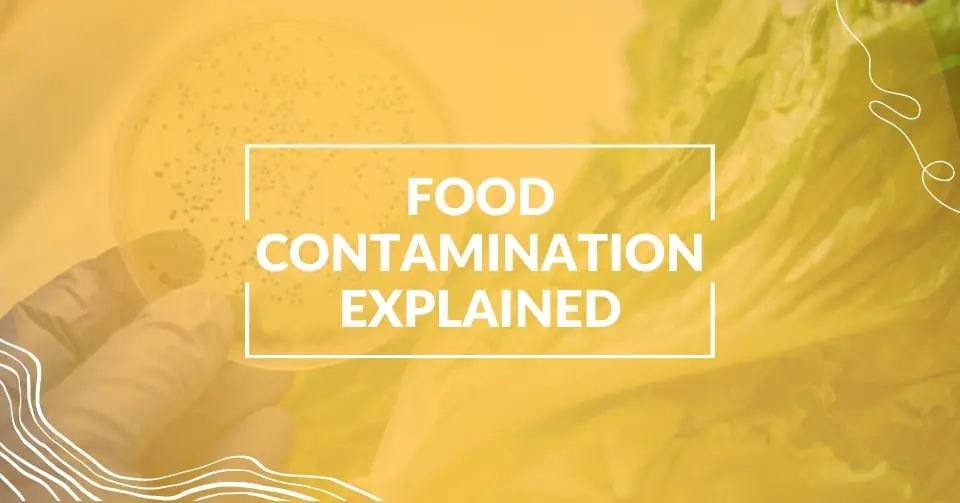An SQF (Safe Quality Food) certification is a system of food safety requirements developed by the SQF Institute and benchmarked by the GFSI (Global Food Safety Initiative).
The certification sets a high standard for managing food safety and quality across the supply chain. ANSI accredits SQF, and companies worldwide rely on it to demonstrate their commitment to safe, high-quality food production.
Businesses use SQF certification to identify and control risks that naturally arise in food processing, packaging, and storage environments. Certification also helps companies meet regulatory and buyer expectations in both domestic and international markets. FoodReady SQF consultants and SQF software can help your food manufacturing business fully prepare for the rigorous SQF certification audit.
To see how great our software is, ask questions, and get consulting and subscription pricing, please schedule a demo of our software here.
What Is an SQF Audit?
An SQF audit is a detailed evaluation of your facility’s food safety and/or quality management systems. This audit ensures your systems meet the expectations of an ISO (International Organization for Standardization) program. Certification Bodies (CBs) carry out the audits using trained SQF auditors who follow strict SQF Institute guidelines.
During the audit, the auditor examines how well your facility applies the SQF Code to everyday operations. They also check compliance with regulatory requirements and industry standards. The goal is to confirm that your facility meets and sustains the expectations outlined in the SQF certification process.
What Are the Benefits of SQF Certification?
SQF certification offers many benefits that can strengthen your operations, boost your reputation, and improve food safety outcomes. By becoming SQF certified, your business demonstrates a clear and ongoing commitment to producing safe, high-quality food. This protects consumers and creates new opportunities for growth and partnership.
Certification helps your team build a strong food safety culture while providing a risk management structure. SQF is a reliable framework for meeting evolving regulatory expectations and satisfying retailer demands.
Some of the key benefits of SQF certification include:
- Improved food safety culture through better training, accountability, and operational discipline
- Increased product integrity by reducing variability and preventing contamination or quality issues
- Enhanced food safety programs with systematic procedures, recordkeeping, and verification methods
Compliance with buyer and regulatory requirements, both local and international - Global recognition that supports trade and access to high-standard retail markets
- Greater customer trust and confidence due to rigorous third-party verification of your food safety system
- Built-in structure for continuous improvement, which helps your business evolve and stay competitive
Whether you operate in packaging, processing, or food retail, SQF certification shows your customers that safety is a top priority.
It gives them peace of mind and strengthens their confidence in your brand.
Why SQF Is the Gold Standard and Often Required?
SQF certification is widely regarded as the gold standard in food safety. Its structure goes beyond essential compliance and sets higher safety, quality, and accountability benchmarks in the food industry. Compared to GMP (Good Manufacturing Practices) or GFSI Global Market audits, SQF is more thorough, detailed, and demanding.
Many retailers and distributors require SQF certification before even considering carrying your product. It signals to buyers that your facility meets global food safety standards and that you take them seriously. Certification opens the door to major markets and helps build trust with high-profile retailers.
With SQF certification, your product becomes eligible for placement in stores like:
- Walmart
- Whole Foods
- Kroger
- Publix
- Safeway
- Meijer
Because SQF covers more ground than many other audit programs, it often saves companies time and money in the long run. Instead of juggling multiple lesser certifications, you can consolidate efforts under one trusted standard.
FoodReady’s expert Food Safety Team can guide you through this complex process. We help businesses prepare by conducting gap assessments, building documentation, assisting with implementation, and performing internal or pre-audits. We also help you identify the right certification body for your products or processes.
SQF Protects Your Brand’s Integrity.
SQF certification protects your brand’s integrity by making sure your product is safe for the consumer and that you as a manufacturer are continually maintaining the quality of your products.
How Do You Prepare for and Pass an SQF Audit?
To get SQF certified, a third-party SQF auditor must be brought into your facility. The auditor will examine your manufacturing process and ensure the facility meets the stringent requirements of the SQF Institute and the United States Government. Each food manufacturing, processing, packaging, storage, and distribution category must meet the SQF audit checklist standards.
Need Help Passing Your SQF Audit?
Our SQF experts and software take the guesswork out of audits. Get checklists, document automation, and real-time audit prep. All in one platform.
Steps Needed for SQF Certification
- Determine your Food Safety Category (FSC): The journey to understand SQF begins with knowing your product and how it relates to SQF. The FSC’s are designed to capture the type of production and products produced. From the FSC determination, the specific modules can be determined.
- Learn about SQF: Once the modules are determined, locate the SQF Code from the SQF website. Yes, this is free. SQF also provides other useful tools which a FoodReady advisor can lead you to.
- Get your company listed on the SQF assessment database.
- Have a designated SQF practitioner and backup practitioner at your facility. You can find SQF practitioner training online or in your area via Google. While formal training is recommended, there are other ways one can become an SQF practitioner knowledgeable of the SQF code.
- Decide which SQF certification level fits your operation. The three current options are Fundamentals, Food Safety, and Food Safety and Quality. These levels replaced the older Level 1–3 system to reflect program goals and risk complexity better.
- Fundamentals covers only essential Good Manufacturing Practices (GMP), Good Agricultural Practices (GAP), or Good Distribution Practices (GDP). It’s ideal for small operations or those just beginning formal food safety programs. Use this level as a stepping stone to a higher certification.
- Food Safety builds on Fundamentals. It includes a HACCP-based food safety plan and all associated documentation, procedures, and verifications. Choose this level if your facility is ready for more structured food safety management.
- Food Safety and Quality is the most advanced level. It combines HACCP-based food safety with a formal food quality management system. To qualify, you must first pass the Food Safety level. This level also requires extra documentation and preventive actions to manage quality risks.
- Each step up reflects greater control, documentation, and verification. Your decision depends on your product type, customer expectations, and current food safety maturity.
- Gap analysis/pre-audit- this is an optional step, but many find it crucial to find any issues prior to the actual audit and have them corrected and implemented effectively before the live audit. FoodReady software and consulting is ideal for this step. We have helped many companies become GFSI compliant in SQF and BRCGS.
- Schedule your audit with your selected certification body and auditor.
- Audit is performed.

What Happens During an SQF Audit?
During an SQF audit, a certified auditor evaluates how well your facility applies the SQF Code in daily operations. They begin by reviewing your HACCP plan, food safety software, and any documents related to food safety procedures and protocols.
The auditor then inspects how your team handles food, including sanitation practices, recordkeeping, and corrective action tracking. They compare your documented procedures to what’s happening on the floor.
Finally, the auditor checks whether you’re effectively verifying and validating each part of your SQF system. They aim to confirm that you maintain a safe, well-documented, and consistently executed food safety program.
What documents are required for SQF?
Your facility must maintain a complete and well-documented food safety management system to pass an SQF audit. These documents show how you develop, implement, verify, and maintain food safety and quality programs.
You must keep all records current, accessible to staff, securely stored, and easily retrieved. Missing or outdated documentation can result in non-conformities during your audit.
You also need a clear food safety policy. This policy should outline goals, responsibilities, and how staff uphold food safety standards throughout production and transportation activities.
Below is a comparison of what SQF requires and how FoodReady helps you meet those documentation needs:
| Required by SQF | Provided by FoodReady |
|---|---|
| Written food safety management system (FSMS) | Customizable digital FSMS with centralized access |
| Pre-requisite programs (SOPs) | Library of SQF-compliant SOP templates |
| HACCP or Preventive Control (PC) plans | HACCP/PC plan builder with guided steps |
| Records of monitoring (e.g., temperature logs, time checks) | Mobile logging tools with custom fields and instant access |
| Validations, verifications, calibrations | Built-in tools to document validations and auto-generate verification reports |
| Schedules for sanitation, maintenance, and calibration | Calendar-based task scheduler with alerts and sign-off tracking |
| Documented food safety policy | Editable templates for food safety and quality policies |
| Performance objectives and food safety goals | Goal tracking dashboards with reporting capabilities |
| Clear roles for staff and management | Role-based user access and task assignment |
| Corrective action records | Corrective action automation using logic checklists and real-time data triggers |
| Internal audit and pre-audit documentation | Internal audit templates, custom checklists, and audit-ready PDF exports |
| Production traceability documentation | A full traceability system that maps ingredients, batches, and finished goods across production |
| Recall procedure and records | Built-in recall plan builder and traceable recall execution logging |
| Complaint and incident tracking | Complaint management module with resolution workflow and trend analysis |
| Environmental monitoring program | Customizable EMP tools with sampling logs, maps, and analysis |
| Secure, organized storage of all records | Cloud-based document management with search, filters, and restricted user access |
Before your audit, ensure every required document is updated, organized, and accessible. This shows the auditor that your team fully complies with the SQF Code. It also reflects your company’s commitment to safety and transparency.
More companies are choosing cloud-based tools like FoodReady to simplify compliance. Going digital helps reduce paperwork, lower costs, and respond faster during audits or recalls.
FoodReady software and consulting help you prepare for any scheduled or surprise SQF audit.
FAQs
HACCP is a preventive approach to identifying potential food hazards, while SQF is a food management system that provides a food safety and quality framework.
Yes, BRC requires only an onsite audit. You can read more about BRC certification in our blog.
Yes, the SQF certification is recognized by the Global Food Safety Initiative. So, SQF is recognized worldwide.
SQF Certification demonstrates a company’s commitment to meeting and exceeding global food safety standards, which can facilitate a more positive and cooperative relationship with regulators. It shows that a company adheres not only to national food safety regulations but also to international standards, making compliance checks and regulatory inspections potentially smoother and more straightforward.
SQF Certification is designed to complement and enhance existing food safety practices. It builds upon the foundation of prerequisite programs (PRPs) and HACCP principles, integrating them into a comprehensive food safety management system. Companies may need to refine their practices to align with SQF requirements, but the process typically strengthens and streamlines food safety efforts rather than replacing them.
SMEs can significantly benefit from SQF Certification by demonstrating their commitment to food safety, opening up new market opportunities, and gaining a competitive edge. Certification can also help SMEs streamline their operations, improve efficiency, and reduce waste by implementing more rigorous food safety and quality management processes. Additionally, it can provide a framework for continuous improvement and employee training in food safety practices.






